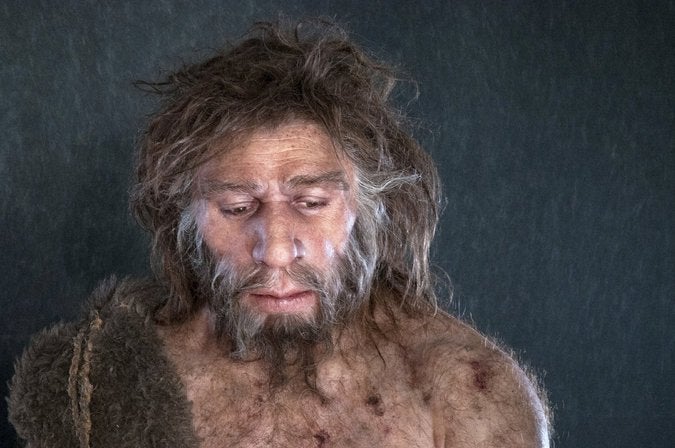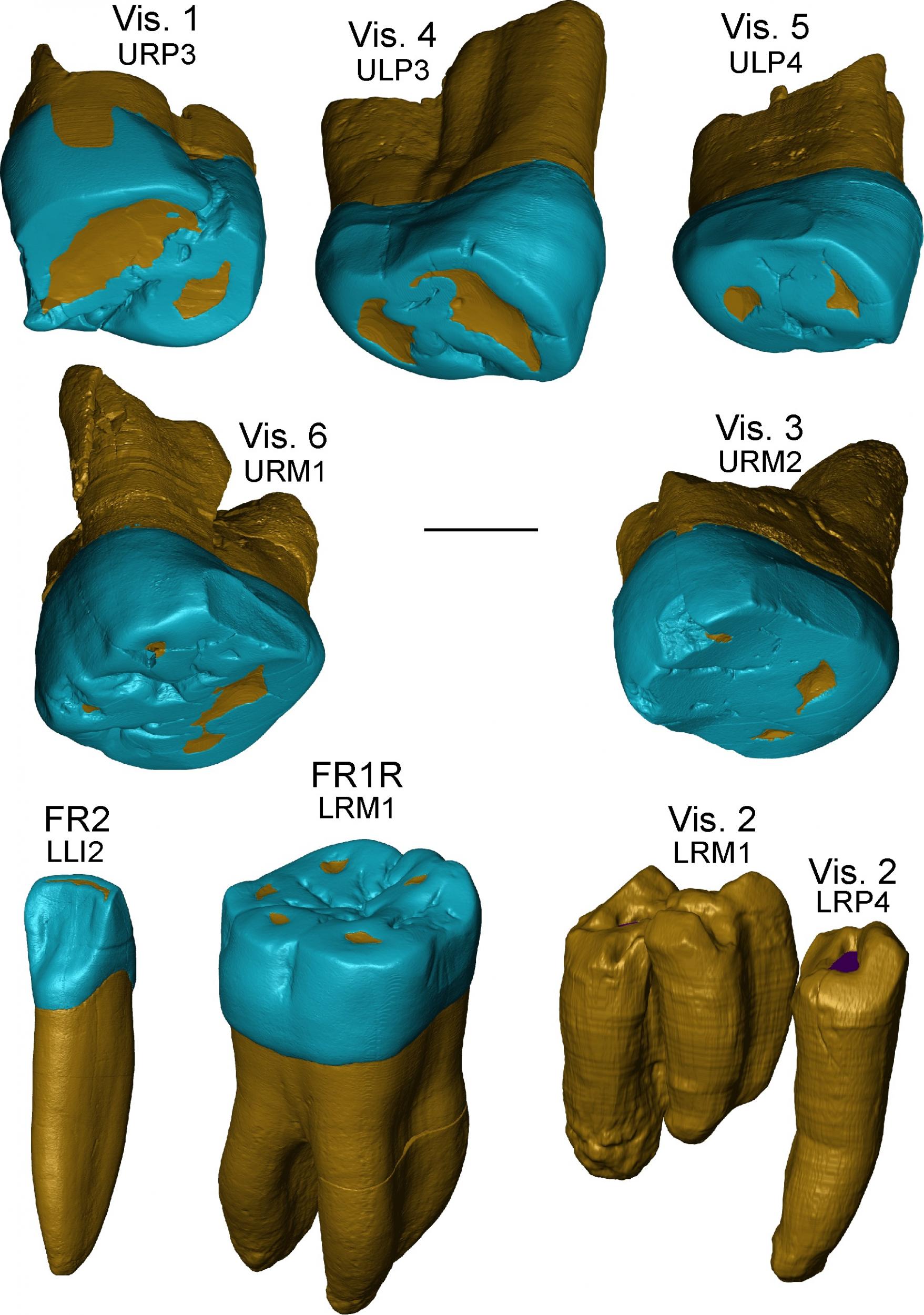‘Neanderthal-like’ teeth from Italy reveal early human evolution in Europe
Remains suggest ancient continent was home to many different types of human

Some of the oldest human remains ever found in Italy have provided fresh insight into the evolution of humans in Europe.
A handful of teeth dated to around 450,000 years ago were examined by scientists and found to bear a striking resemblance to those of Neanderthals.
The discovery places an ancestral form of Neanderthals very early in human history, and suggests that Europe may have been home to several distinct groups of humans.
“Neanderthals are more frequently found in more recent periods around 100,000 to 40,000 years ago,” Dr Clement Zanolli of Paul Sabatier University told The Independent.
“The Neanderthal lineage before that is not really well known”
The strongest evidence of early Neanderthal ancestors in Europe before this was another collection of teeth discovered in Spain.

Combined with the new discoveries from Italy, these specimens suggest the presence of a species referred to as Homo antecessor that ultimately gave rise to later, more well-known forms.
However, they also hint at a far more diverse picture of Europe during this period, when much of the continent was completely covered by ice.
The Italian teeth are distinct from any others found across the Eurasian landmass at this time, suggesting various human lineages were found across the region.

“All of these specimen could belong to a general group that we could say is ancestral to Neanderthals, but it could be that because of climatic constraints these groups were isolated,” explained Dr Zanolli.
This isolation could in turn have given rise to different forms as these early humans evolved separately after being separated by the difficult conditions.
“Life was probably very harsh, and it is very surprising that they could venture even this far north,” said Dr Zanolli.
The results, published in the journal PLOS ONE, emphasise the importance of teeth as a way of understanding our earliest ancestors.
According to Dr Zanolli, the genetics of teeth – and particularly the resulting shape of their dentine tissue – is key to distinguishing different species of humans.
In their study, the team used high resolution virtual imaging techniques to zoom in on these tiny microstructures and look for distinctive features.
Join our commenting forum
Join thought-provoking conversations, follow other Independent readers and see their replies
Comments
Bookmark popover
Removed from bookmarks